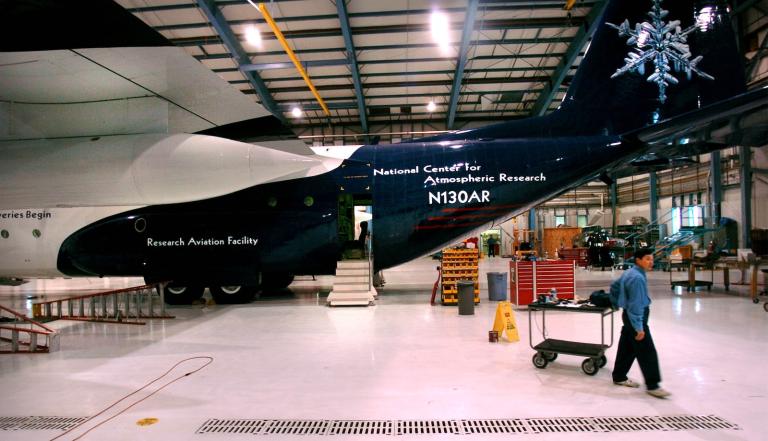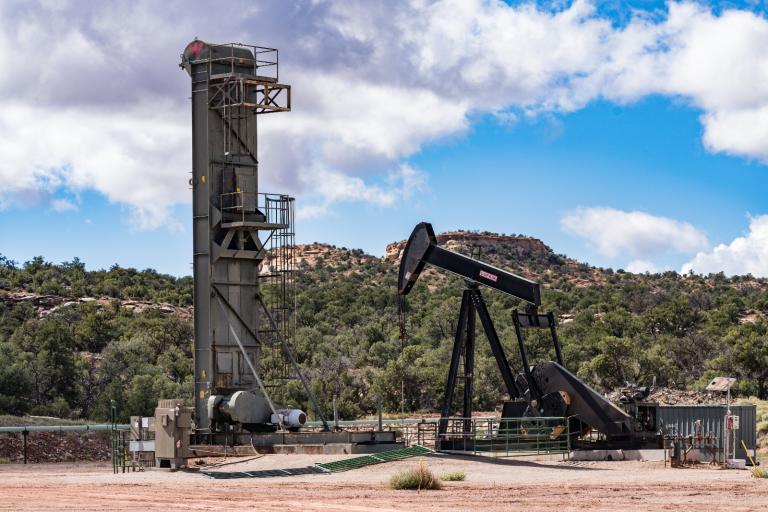In the tricky legal world of “preemption” — the principle that federal law “preempts,” or trumps, state law — two recent Supreme Court decisions bode well for ongoing, seemingly unrelated global warming litigation.
The first of these decisions, Altria Group, Inc et al. v. Good et al., concerned a class-action lawsuit brought by smokers in Maine, who claimed the manufacturers of “light” cigarettes used deceptive practices by promoting their product as having fewer health risks than normal cigarettes. The cigarette makers, by contrast, argued that they were immune from state fraud claims if they have met federal cigarette labeling law. In a 5-4 ruling handed down in December, the Supreme Court agreed with the smokers, holding that federal cigarette labeling law does not preempt state fraud claims. Then, in a similar and much higher-profile decision handed down earlier this month, Wyeth v. Levine, the Court held that federal drug labeling law also does not preempt state “failure to warn” lawsuits against drug makers.
In both these cases, the Court determined that states had the right to protect their citizens when Congress had not explicitly stated an intention, through federal legislation, to preempt state authority.
These decisions should help states that are currently defending their auto emissions standards against auto industry challenges. In four ongoing federal lawsuits, automakers and dealers are challenging state emissions standards aimed at reducing greenhouse gases from new vehicles, claiming that those standards are preempted by the federal Energy Policy and Conservation Act (EPCA), which empowers the Department of Transportation to establish national “fuel economy” standards (which may sound similar to, but are technically different from, “auto emissions” standards).
In 2004, California adopted auto emission standards calling for a 30% reduction in greenhouse gas emissions from new vehicles by 2016, which it has the right to do under the Clean Air Act provided it obtains a waiver of preemption from the EPA. Since then, 14 other states have also adopted the California standards, prompting federal lawsuits from the auto industry in California, Vermont, Rhode Island, and New Mexico. The district courts that have considered the auto industries’ claims on the merits have found that state emissions standards would not be preempted by EPCA if the EPA grants a Clean Air Act waiver because, once these state emissions standards receive the waiver, EPCA treats these state standards as federal standards. The industry nonetheless claims that EPCA both expressly and impliedly preempts state auto emissions standards (thereby employing two distinct legal arguments for the courts to decide) because auto emissions standards have an impact on fuel economy standards.
The Bush Administration attempted to boost these claims by inserting pro-preemption language into the preamble of fuel economy regulations it proposed last spring under EPCA. It did the same thing with the preamble of federal drug labeling regulations, prompting the Supreme Court in its Wyeth decision to note that attempts by a federal agency to introduce “preemption by preamble” without undertaking public notice and comment were “inherently suspect.” By sharply criticizing the Bush Administration’s “preambulatory” approach to preemption, the Court assisted state efforts to defend their auto emissions standards. The Obama Administration, announced last week that it is removing all mention of preemption from Bush-era fuel economy regulations, which should only further assist the states’ legal defense.
In addition, the Supreme Court’s rulings in Altria and Wyeth reinforce the Court’s doctrine of “presumption against preemption,” which holds that when Congress has not stated its intent with respect to preemption, the Court generally “presumes” that states should be allowed to adopt regulations they deem necessary. The Court’s deference to this principle will hopefully make it easier for states to defend their auto emissions standards against industry preemption claims.
Fortunately, automakers have so far been unsuccessful in convincing federal judges that state auto emissions standards are preempted by EPCA, having lost at trial in both California and Vermont. However, both these cases are currently being appealed in the U.S. Court of Appeals for the Ninth and Second Circuits, respectively, with oral arguments heard in the Vermont appeal just last week. Meanwhile, auto dealers are pressing ahead with their lawsuits in Rhode Island and New Mexico.
It is important that the industry not succeed in convincing the appeals courts that states cannot introduce better-than-federal auto emissions standards. Such rulings would flagrantly conflict with Congress’s expressed intent to allow more stringent state auto emissions standards, just as they would conflict with the Framers’ vision of federalism. In this vision — which was upheld in Altria and Wyeth — states reserve the right, when Congress has not expressly taken it away, to go above and beyond federal law to protect their citizens’ safety and environment, thereby serving as the appropriate “laboratories” of our democracy.


